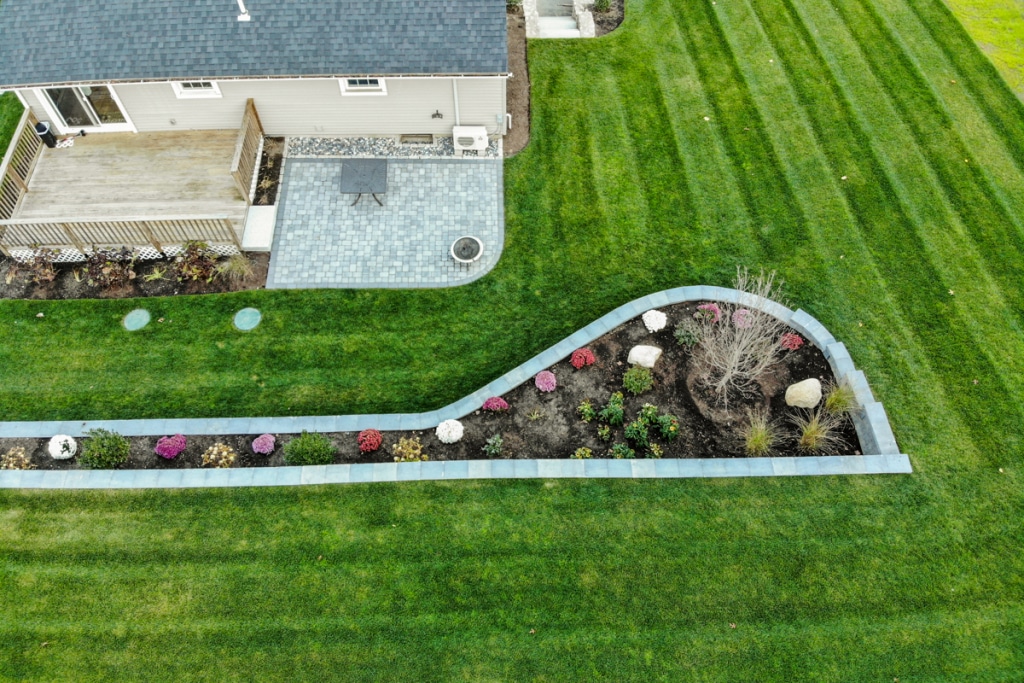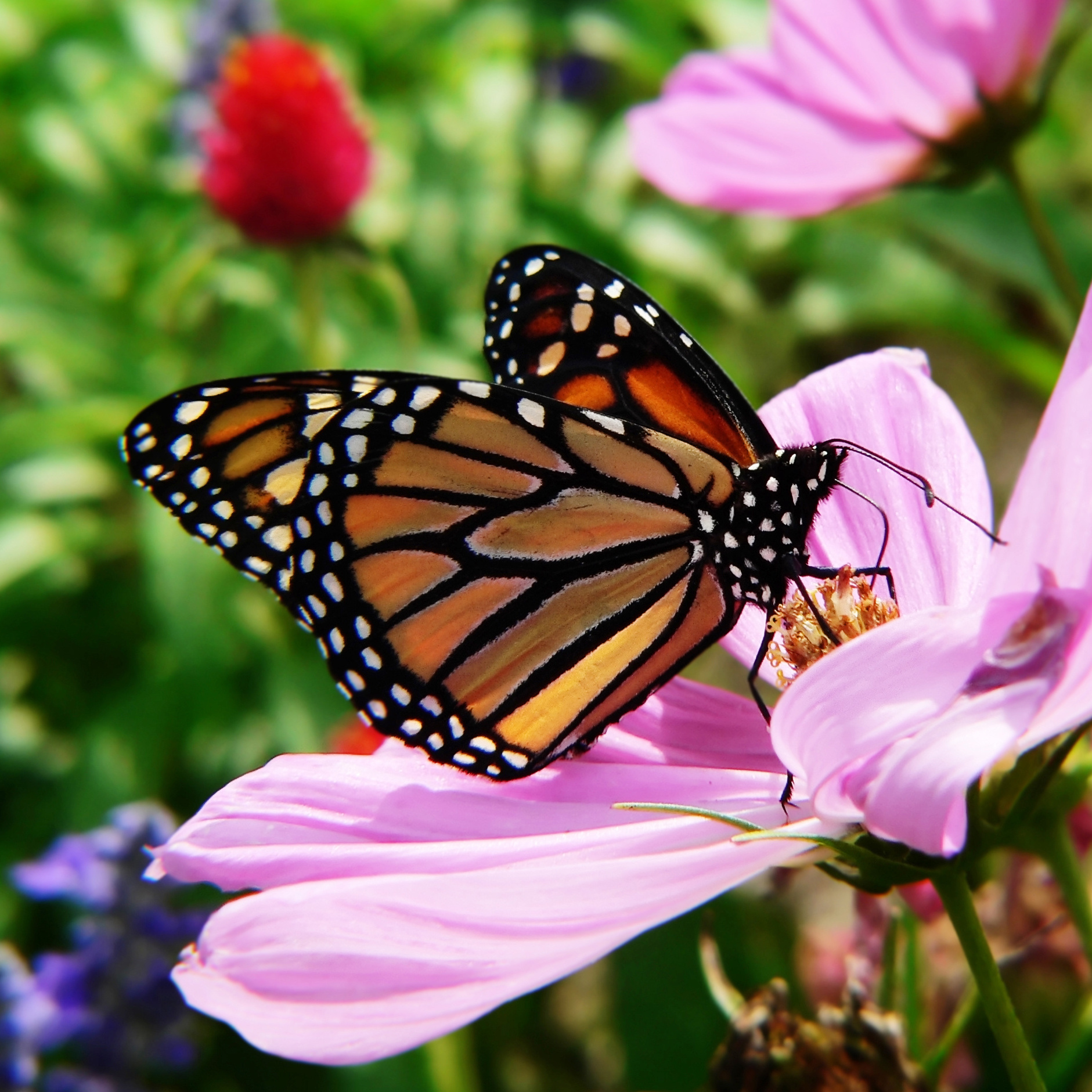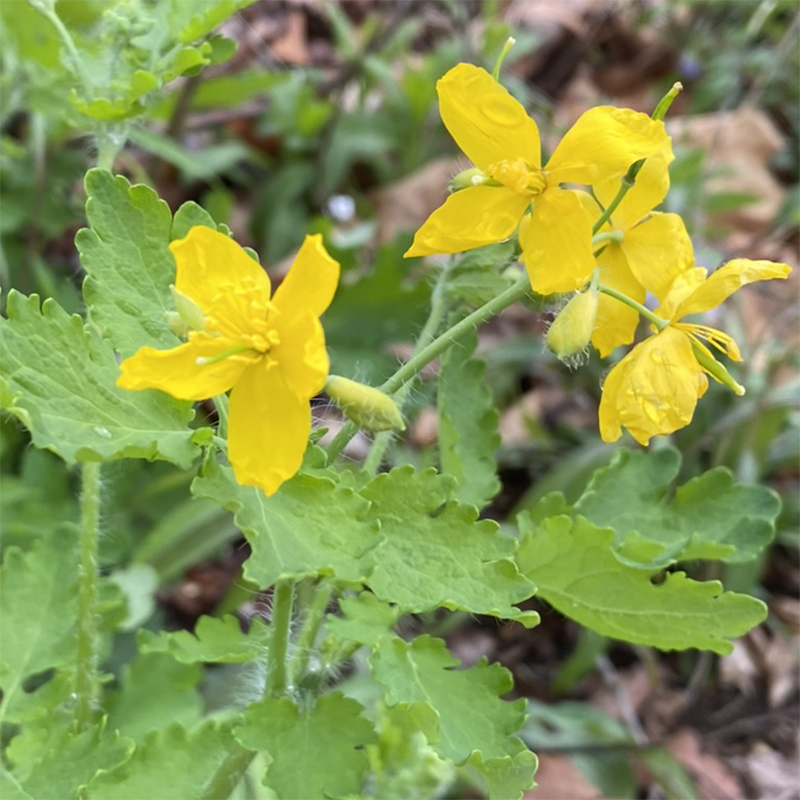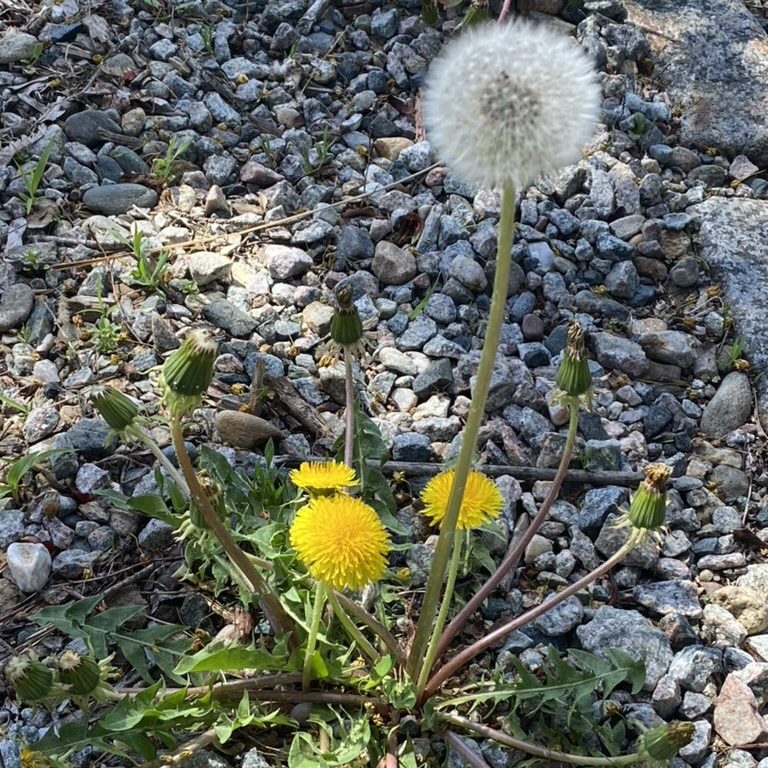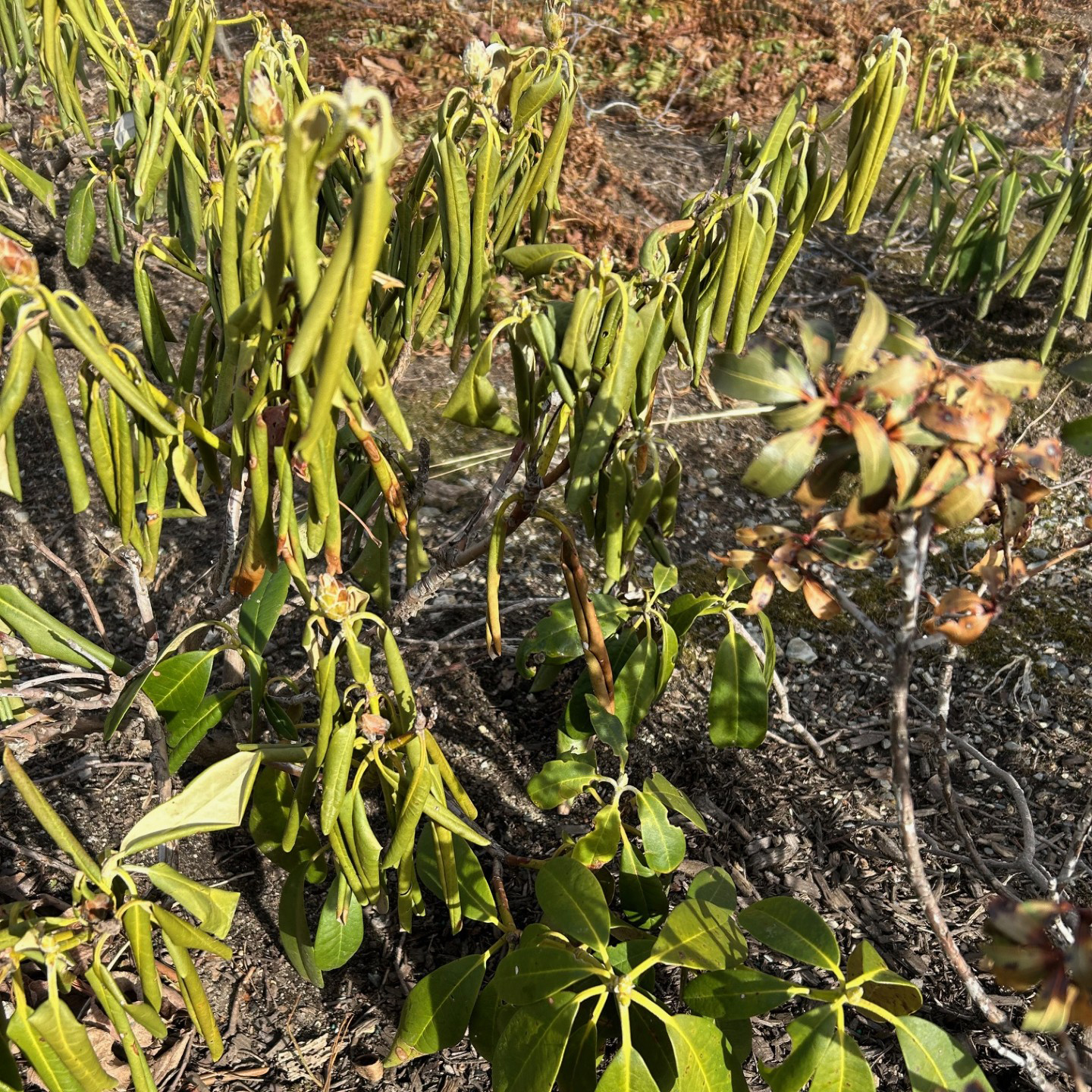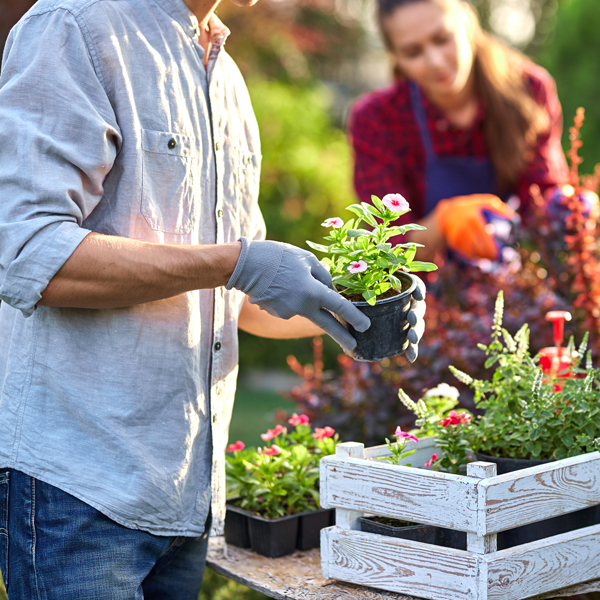
Feeling stress or anxious? Try getting a little dirt under your nails.
BY CAROLINE PICARD AND AMANDA HAWKINS
Gardening isn’t just about making your house look good (although a little curb appeal certainly never hurts). Caring for plants can also do wonders for your own wellbeing, an abundance of scientific research suggests. The physical exercise can contribute to a healthy weight and blood pressure levels, and just interacting with flora can improve your mood and mental health.
“Nature has a huge impact on health and wellness,” says Gwenn Fried, manager of Horticulture Therapy at NYU Langone’s Rusk Rehabilitation. “We know that people’s cortisol levels go down in a calm, green environment.
Roll up your sleeves and get digging, planting, and weeding this spring and summer. Here’s how tending to your garden beds will benefit you in the long run:
1. Gardening burns a lot of calories.
Good news for those who already spend hours planting perennials: Gardening is considered moderate-intensity exercise. You can burn about 330 calories doing one hour of light gardening and yard work — more than walking at a moderate pace for the same amount of time — according to the Centers for Disease Control and Prevention (CDC).
Men and women who participated in a community gardening program also had significantly lower BMIs (body mass indexes) than their otherwise similar neighbors, according to a 2013 study in the American Journal of Public Health.
2. It can lower your blood pressure.
Just 30 minutes of moderate-level physical activity most days of the week can prevent and control high blood pressure. In fact, The National Heart, Lung, and Blood Institute recommends gardening or raking leaves for 30-45 minutes as examples of how to hit that recommended amount.
3. Spending time outside is good for your bones.
When you’re outdoors and your skin is exposed to the sun, it prompts your body to make vitamin D. This vitamin — also found in fish and fortified foods like milk — helps your body absorb calcium, a mineral essential for bone formation, according to the National Institutes of Health. (FYI: You should still apply sunscreen if you’re planning on spending more than a few minutes in the sun to lower your risk of skin cancer.)
4. Growing your own food can help you eat healthier.
Besides the physical exercise you’ll get tending to a vegetable garden, a productive plot can also promote a better diet by supplying fresh, healthy produce. The Dietary Guidelines recommends eating at least 2 cups of vegetables and 1½ cups of fruits per day to get necessary nutrients and reduce risk of chronic disease. However, only 1 in 10 Americans adults meet those recommendations, according to the CDC.
Gardening helps people develop a lasting habit of eating enough fruits and vegetables though, according to 2016 research from the University of Florida Institute of Food and Agricultural Sciences. This may work not only by providing fresh veggies but also making it more likely for children to try foods they may not have eaten before, research from the American Society for Horticultural Science theorizes.
5. Gardening can relieve stress.
Gardening is positively correlated with a reduction in depression and anxiety symptoms, according to a 2017 meta-analysis in Preventive Medicine Reports that looked at 22 different case studies.
In fact, some hospitals even use planting and flower arranging as a type of rehabilitation for people recovering from injuries, strokes, surgeries, and other conditions. NYU Langone’s horticultural therapy program helps patients rebuild both their physical and mental health, Fried says.
Not only does it give people control over a situation when they might feel helpless, but it also teaches them a new skill that can restore confidence. “They don’t really see a value in themselves because how they define themselves has changed, but being be able to take care of something is a good place to start,” she says.
These benefits can extend outside of a healthcare setting too. “People are so busy — there’s so much stress now with electronic media all over the place,” Fried says. “People need respite and nature provides respite.”
6. It can provide a source of community.
You don’t have to weed alone – nor should you. People who worked in allotment gardens had significantly better self-esteem, total mood disturbance, and general health compared to those who did not garden, according to a 2016 study published in Journal of Public Health. Even better, it’s something almost anyone can partake in. Fried runs a horticultural therapy group for Alzheimer’s patients as activity for them do with their caretakers and families.
7. Gardening can make you happier.
The act of growing plants may also help boost your mood. The 2017 meta-analysis also linked gardening with increases in quality of life and reductions in mood disturbance. This may have something to do with how it changes your outlook.
“The thing about gardening is that you have to have faith in the future,” Fried says. “Growing something green, something real, something alive, is a hopeful thing to do.”
Don’t know where to start? Check with our Garden Center experts for the best crops you can plant in your plot!

